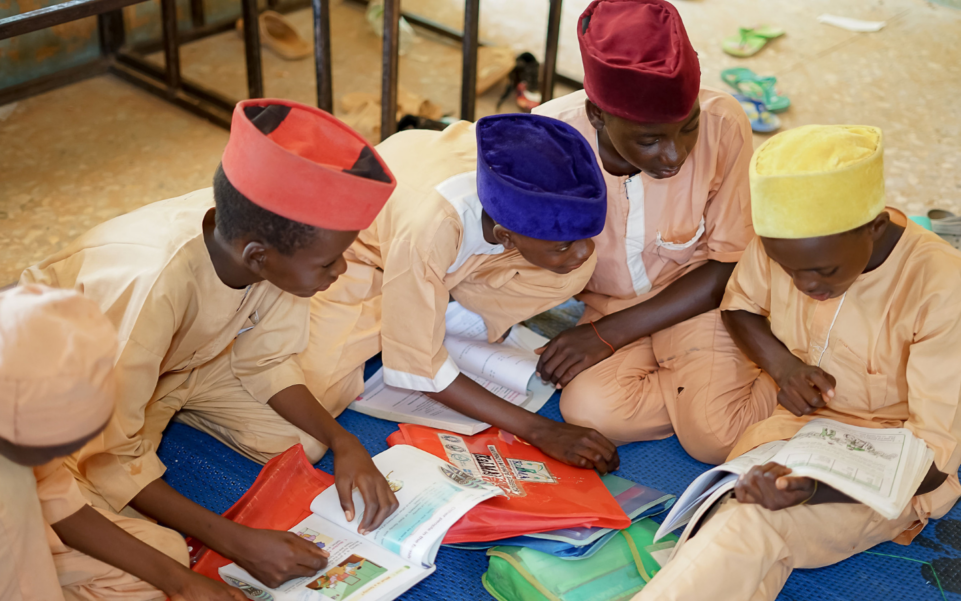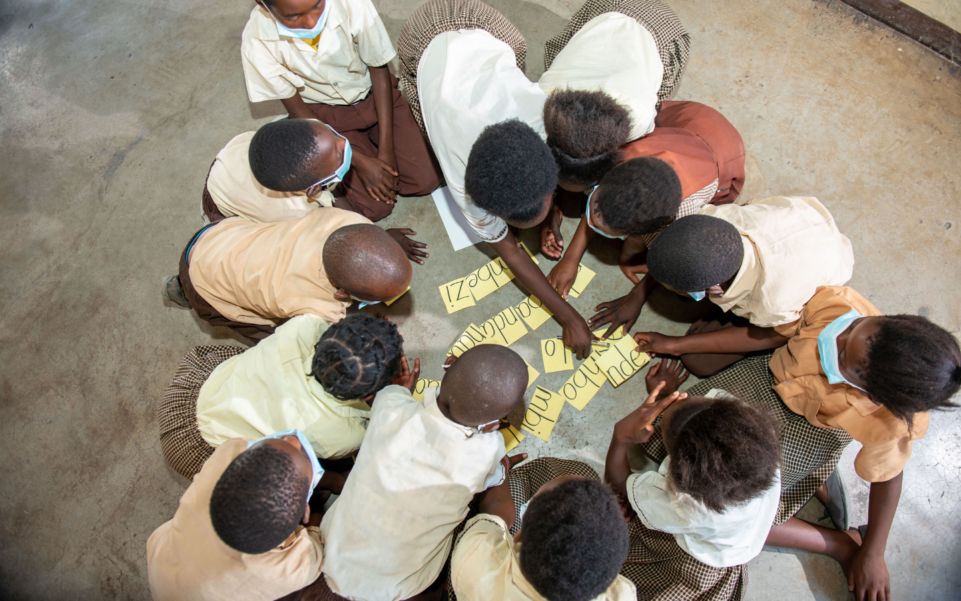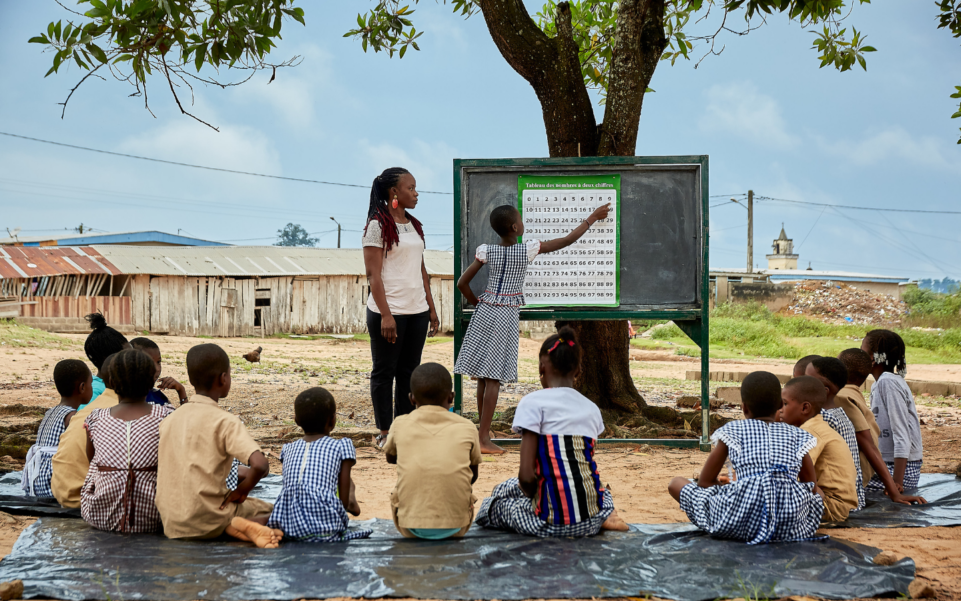The problem: children are in school but not learning.
TaRL Africa’s mission is to support every child across Africa to build foundational skills for a better future. TaRL Africa supports governments and organizations in over 14 countries in Sub-Saharan Africa to design, deliver and scale impactful TaRL programs while learning and sharing how the approach can be improved for different contexts. Together with partners, TaRL Africa reached over four million children with TaRL programming by 2022.
Governments across Africa have made remarkable progress in increasing school enrollment, with many low- and middle-income nations now enrolling primary school-age children at rates comparable to high-income countries. However, learning data reveals a discouraging truth: enrollment in school does not ensure learning. In Sub-Saharan Africa, many children complete primary schooling without being able to read basic sentences.The World Bank Estimates that more than 100 million children in Sub Saharan Africa cannot read or understand questions related to a 150-word piece [1]
Educational systems are not well prepared to meet the requirements of pupils who are the first in their family to attend school or who join the school system without having acquired early-learning skills in childhood. Children who miss learning milestones in the early grades often never catch-up, regardless of how many years they spend in school.

The solution: teach students at the right level.
The Teaching at the Right Level (TaRL) approach targets the root of the learning crisis by transforming the structures that lead to it. The approach was developed and pioneered by Pratham in the early 2000s, to respond to the failures of the education system.
At the classroom level, TaRL is a teaching approach that assesses children using a simple testing tool and then groups them according to their learning level rather than their age or grade. For a period of the day, children in middle-upper primary focus on foundational skills using an accelerated learning methodology. They are then regularly assessed rather than relying only on end-of-year examinations.
At the system levels, the TaRL approach works with education policymakers to reorient the system toward effective learning. This work includes:
- encouraging policymakers to dedicate time to teaching children basic skills;
- moving away from the age-grade structure to teaching learners based on their learning level;
- setting up mentoring systems to support teachers to deliver effectively;
- embedding approaches of continuous improvement;
- and setting up systems of measurement which lead to action.
TaRL moves away from business-as-usual education toward ensuring that all children learn.

How Teaching at the Right Level Africa works
TaRL Africa works with governments and organizations to design and develop the processes, practices and resources required to deliver effective TaRL programs that increase learning outcomes. Their support harnesses the deep technical expertise of Pratham, one of their founding partners, and over five years of experience molding TaRL programs across several African countries.
TaRL Africa works with partners to co-design context-specific and evidence-informed delivery models and supporting processes. This includes designing lean teaching-learning materials and assessment tools; how TaRL will be delivered at a school level; how data will be collected, entered, analyzed, and used for action; and how training and mentoring models will enable scale.
TaRL Africa also builds the skills of our partners and equips a pool of educators with technical knowledge and practical experience to train and support others to deliver teaching at the right level. TaRL Africa’s technical support and mentorship continues throughout implementation to cultivate a cadre of leaders of practice with the know-how and passion to continually adapt, improve and grow the program in their context.
Effectively scaling-up is a long term process, and as such provides strategic and learning support along the way. TaRL works together with partners to course-correct and adapt as necessary throughout this process, while building their skills to do this into the future.
TaRL believes that governments are key actors in ensuring that all children receive foundational skills. They provide deep and direct in-country support to governments in Côte d’Ivoire, Nigeria, and Zambia, as well as remote support to partners working with governments to deliver TaRL programmes in several countries.

